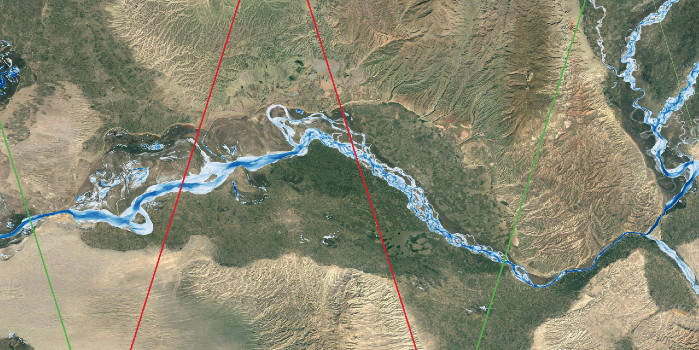New technology to find and purify water in Afghanistan
In Afghanistan, conflicts, poor infrastructure, political obstacles, and natural disasters, especially resulting from climate change, make it difficult to find water and to implement sustainable climate adaptation. It is difficult to maintain sufficient clean drinking water during periods of drought, and to draw off water during floods.
A new project aims to use satellite data to collect knowledge about water in remote areas of Afghanistan, where it is unsafe to send people out to investigate.
“We can use satellite data to determine the water balance in an area. We can then simply send local people to the places where water projects make sense, in terms of water supply and safety. We have not previously used satellite data as extensively as we will be doing in the future project. But I have no doubt that this method can be of interest for other hard-to-reach areas of the world, such as in Africa,” says Associate Professor Martin Rygaard, DTU Environment, who heads the technical part of the project.
Clean drinking water for the civilian population
The ‘Water for Afghanistan’ project is a joint collaboration between DTU and Kabul’s Polytechnic University. DACAAR, the Danish Committee for Aid to Afghan Refugees, is also part of the project.
The Afghan researchers will help implement the programme locally, while receiving ongoing training through their cooperation with DTU.
The project will test new water technologies and innovative solutions, not only for finding water but also for purifying drinking water. There is often too much salt and arsenic in Afghan water. It must therefore be purified using adapted technologies, developed in cooperation between DTU and the Afghan researchers.
DACAAR has more than 35 years of experience with water projects in Afghanistan. It sees the new project as a great tool during the escalating conflict between the Taliban and the Afghan government, and during the corona pandemic.
“We look forward to helping poor, vulnerable Afghan civilians in remote areas, in completely new and effective ways. We can also better protect many of our thousands of local employees in Afghanistan if we can be much more targeted in our water projects than in the past,” says Klaus Løkkegaard, Head of Secretariat for DACAAR.
‘Water for Afghanistan’ has a budget of just over DKK 14 million, almost DKK 12 million of which comes from a grant from Danida.

